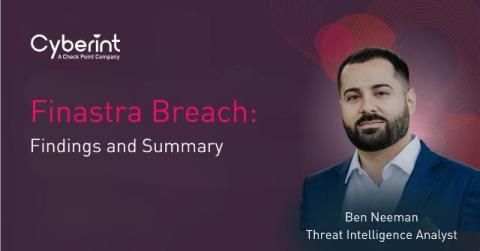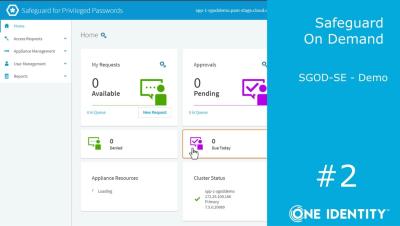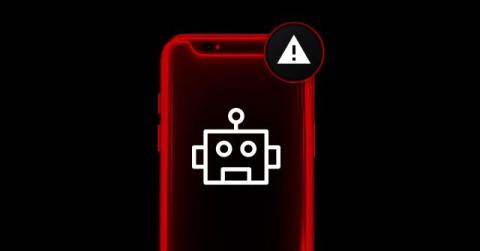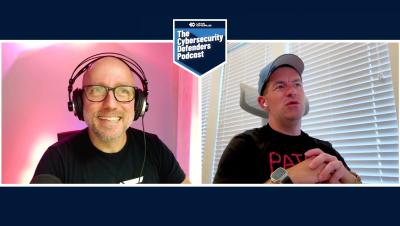Essential Security Best Practices for Remote Work
As we continue to embrace remote work, it’s crucial to keep our security practices sharp to protect both company and personal data. With increasing cyber threats, adhering to security best practices helps us safeguard our information and maintain our productivity. Here’s a quick guide to help you stay vigilant and secure while working remotely.











